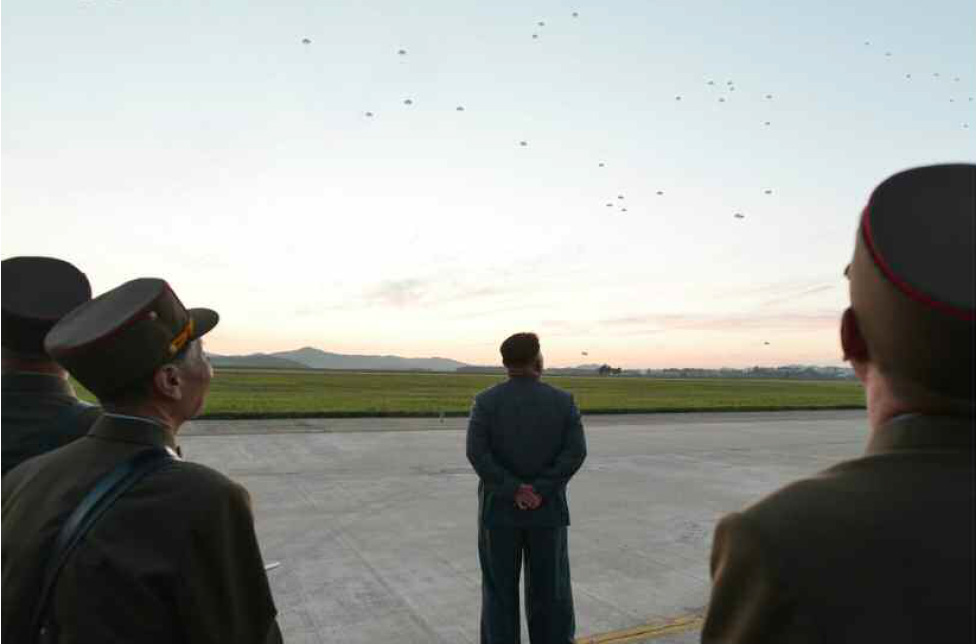- California Assembly OKs highest minimum wage in nation
- S. Korea unveils first graphic cigarette warnings
- US joins with South Korea, Japan in bid to deter North Korea
- LPGA golfer Chun In-gee finally back in action
- S. Korea won’t be top seed in final World Cup qualification round
- US men’s soccer misses 2nd straight Olympics
- US back on track in qualifying with 4-0 win over Guatemala
- High-intensity workout injuries spawn cottage industry
- CDC expands range of Zika mosquitoes into parts of Northeast
- Who knew? ‘The Walking Dead’ is helping families connect
Int’l aid to N. Korea falls sharply as country’s image worsens: report

The institute’s analysis showed fluctuations in the amount of aid — peaking at $360.8 million in 2002 and falling to $24.5 million in 2010 after the North conducted its second nuclear test the year before. (Newsis)
(Yonhap) — Humanitarian aid to North Korea fell sharply over the past decade as nuclear saber rattling and consequent sanctions worsened the international perception of the country, a report by a state-run think tank said Tuesday in South Korea.
In the first 11 months of this year, the amount of aid reaching the communist country stood at US$28.3 million, a tenth of the more than $301 million that flowed into the North in the early 2000s, the Korea Development Institute (KDI)’s monthly North Korean report showed. The report is based on data provided by the United Nations Office for the Coordination of Humanitarian Affairs.
It said the North’s threat to develop more nuclear weapons and use them played a part in the drop in support. Punitive steps by South Korea, the United States and Japan against Pyongyang also contributed to the drop, it said.
The institute’s analysis showed fluctuations in the amount of aid, peaking at $360.8 million in 2002 and falling to $24.5 million in 2010 after the North conducted its second nuclear test the year before, but the overall trend has been less aid going to North Korea over the years.
In the 2000-2014 period, South Korea provided $430.9 million in assistance to the North, followed by $250.9 million from the United States, and $247.2 million from Japan.
The three countries accounted for 80 percent of the aid to North Korea in 2000, but this dropped to 20 percent last year.
Hwang Ji-hwan, a professor of international relations at the University of Seoul, said the latest data indicated that not only was the total size of aid falling, but there were also fewer countries offering to help the country.
“The greatest factor that caused aid to drop this year is the reluctance of North Korean authorities to allow outsiders to monitor where the humanitarian shipments are going to,” the scholar said.
Hwang said the perception that the North Korean regime has become unstable since young Kim Jong-un took power in late 2011, the worsening inter-Korean relations and Pyongyang’s nuclear program are all affecting aid shipments.















